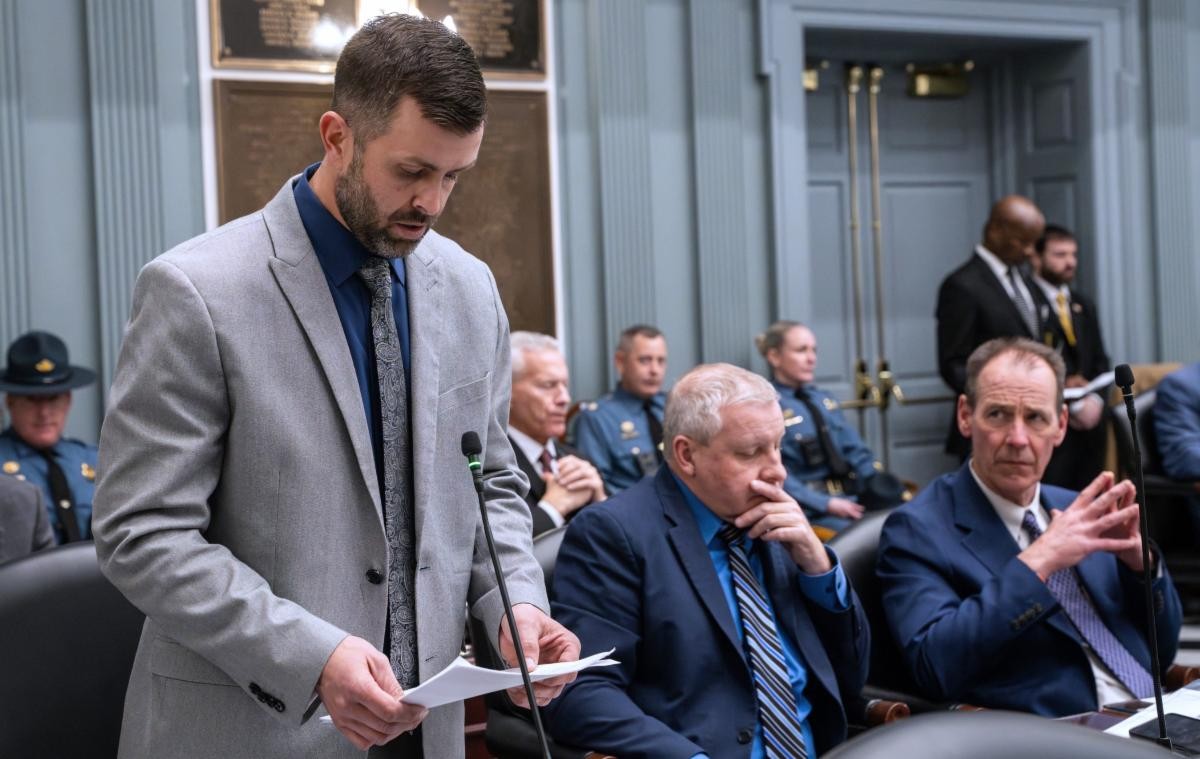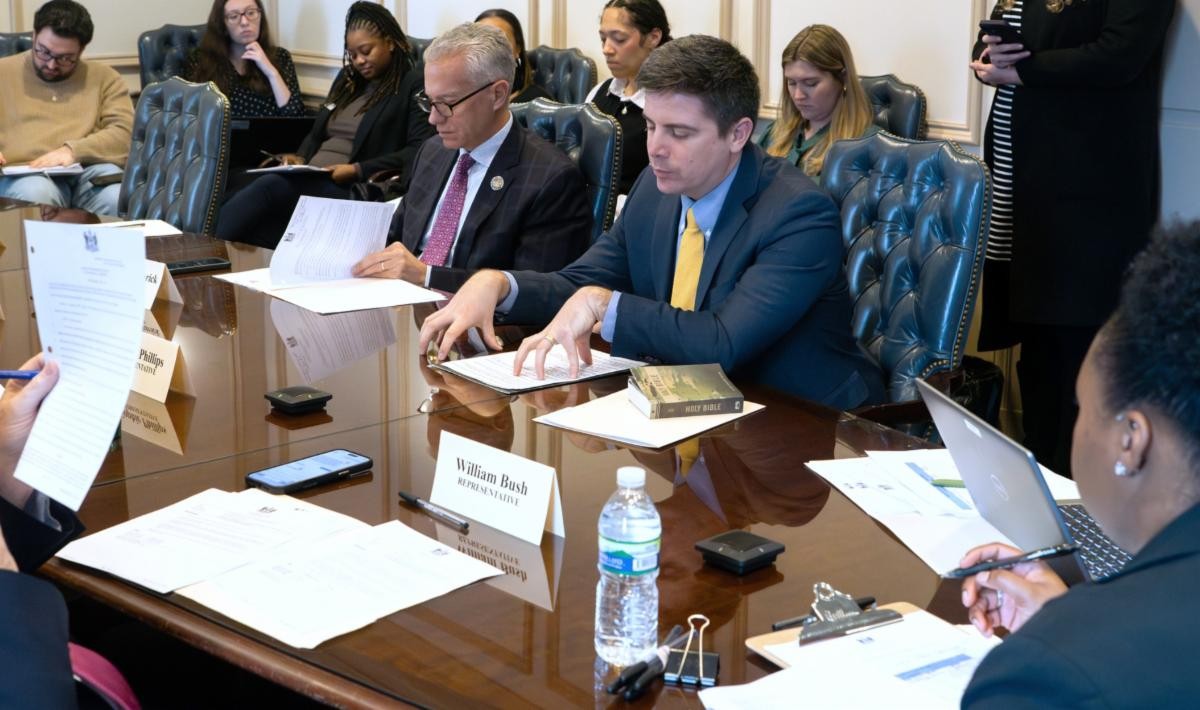By Joseph Fulgham
Director of Policy & Communications
Delaware House of Representatives
Republican Caucus
House and Senate Democratic leadership issued a press release late Wednesday announcing the formation of “bipartisan” special committees to investigate the recent statewide property reassessment and “consider additional legislative action to improve the process and offer targeted tax relief.”
The committees will hold a series of public hearings this fall to examine several topics, including an investigation into the property valuation methodologies used by Tyler Technologies, the private vendor used separately by all three counties to conduct their new assessments.
The term “statewide reassessment” is a creative mislabeling. Each of Delaware’s three counties separately agreed in 2021 to conduct comprehensive property reassessments to settle a lawsuit filed by Delawareans for Educational Opportunity and the NAACP Delaware State Conference of Branches. The plaintiffs argued that decades-old property valuations had resulted in inequitable tax burdens and the underfunding of public schools.
Before the agreement, the most recent reassessment had been performed by Kent County in 1987. Sussex County had the oldest property valuations, having last conducted an assessment in 1974.
All three counties embarked on this journey from a similar starting point. While each faced its own challenges, the state’s lower two counties successfully avoided most of the potential pitfalls in implementing their obligation. Kent County is conducting its second year of property tax bills based on its valuations. Sussex County has completed its valuation process and has just issued its first bills.
Meanwhile, the reassessment process in New Castle County has sparked confusion and frustration. Many homeowners have been shocked by steep increases in their tax bills, while some commercial property owners have seen their taxes decrease. This contrast reflects broader economic and demographic shifts in the county over the past four decades.
Since the county’s last assessment in 1983, residential property values have increased more than fivefold. In contrast, the worth of commercial properties—which have valuations tied to their potential for rental and lease income—has lagged far behind that growth curve.
Compared to Kent and Sussex counties, New Castle County has a significantly larger and more diverse commercial property base, including major industrial sites, office towers, and retail centers. In the wake of the new assessment, these non-residential assets now collectively constitute a smaller percentage of the county’s total property value, placing a larger tax burden on homeowners.
The public backlash over these changes prompted lawmakers to call a special session.
To put it simply, reassessment is a New Castle County issue, which also makes it a political problem for House and Senate Democrats. Twenty-one of the 27 Democrats in the House exclusively represent NCCo residents. In the Senate, 12 of the 15 districts held by Democrats are entirely in New Castle County, with a significant portion of a 13th district partially in the northernmost county.
Democrats hold overwhelming majorities in both chambers: 27 of 41 seats in the House and 15 of 21 in the Senate. And they’ve used these numbers to dictate the reassessment debate in an entirely partisan fashion.
Before the recent special session, Democratic leaders held closed-door meetings with select groups and drafted legislation behind the scenes. That’s not speculation. House Majority Leader Kerri Evelyn Harris publicly spoke about the process during the session, when legislative Democrats rushed their bills through the legislature—without proper vetting, due process, or an opportunity for public input.
Meanwhile, Republican supported legislation introduced prior to, or concurrently with, the Democrat-backed reassessment proposals was ignored. These measures sought to double the senior citizen property tax credit (HB 73), eliminate the sticker shock of school tax hikes associated with reassessment (HB 246), and severely restrict the use of such hikes (HB 245).
Regarding Wednesday’s announcement of public hearings to explore reassessment, Republican legislators were not given any input or advance notice of the plan. Legislative Democrats have also not provided any information to Republicans or anyone else outside their circle about the committees’ membership, structure, or reporting deadlines — as is usually done when legislative task forces or special committees are formed.
Yet the House and Senate Democrats are attempting to gaslight the public by calling this a “bipartisan” effort.
It isn’t.
It’s clear Republican participation will serve only as window dressing, a superficial gesture intended solely to lend a veneer of bipartisanship to a process that is anything but.
More concerning is that any legislative “fixes” this suspect process produces may be applied to all three counties to address the Democrats’ political need for action in one of them.
















